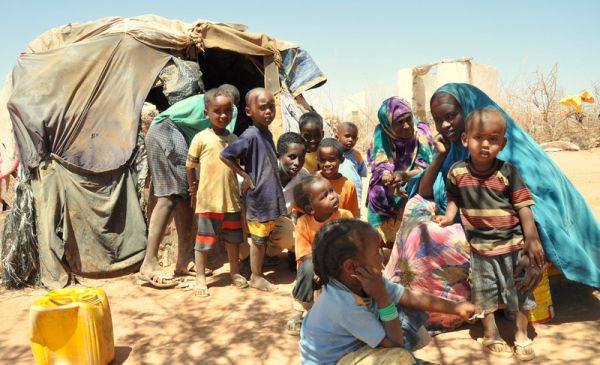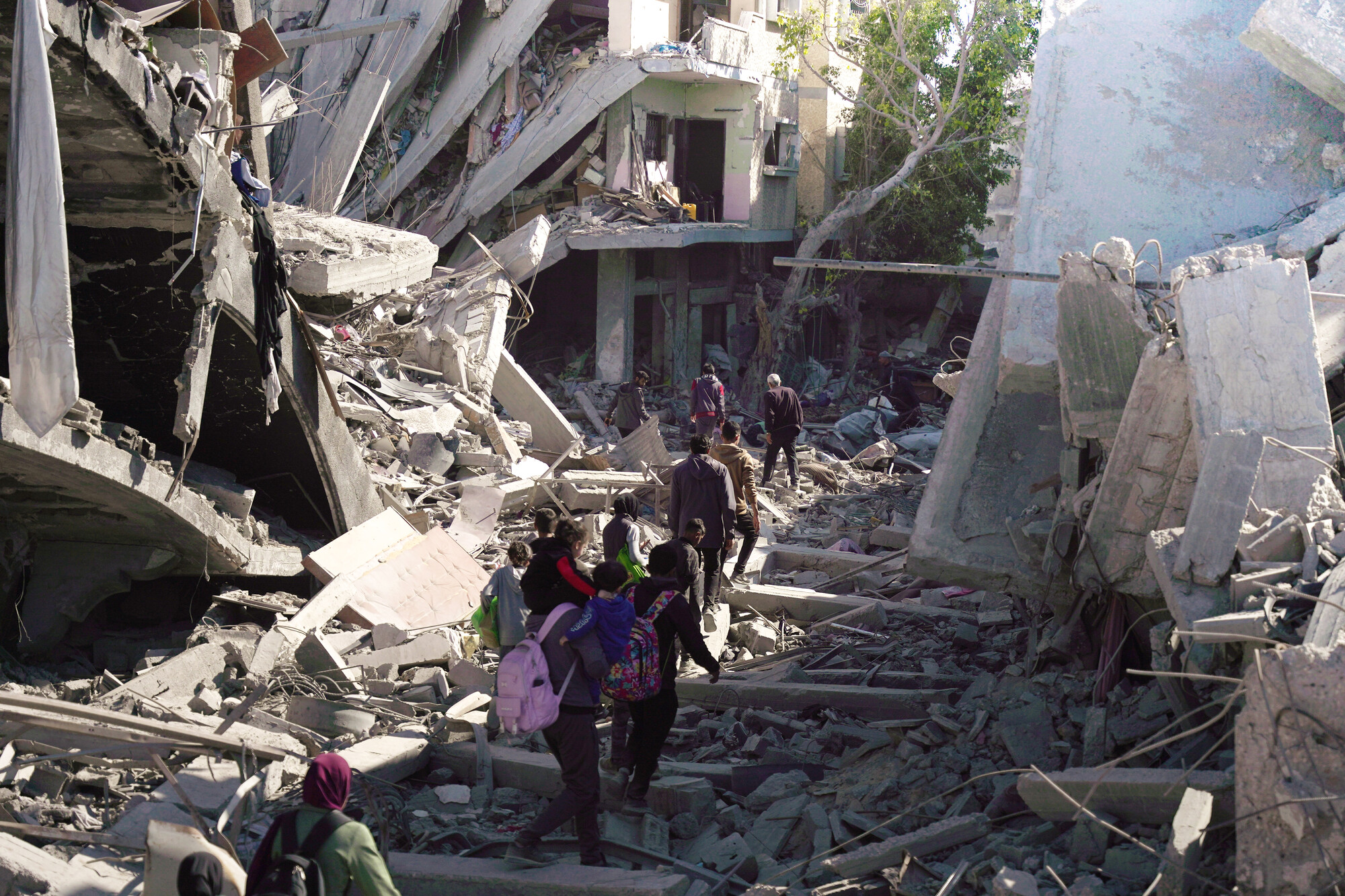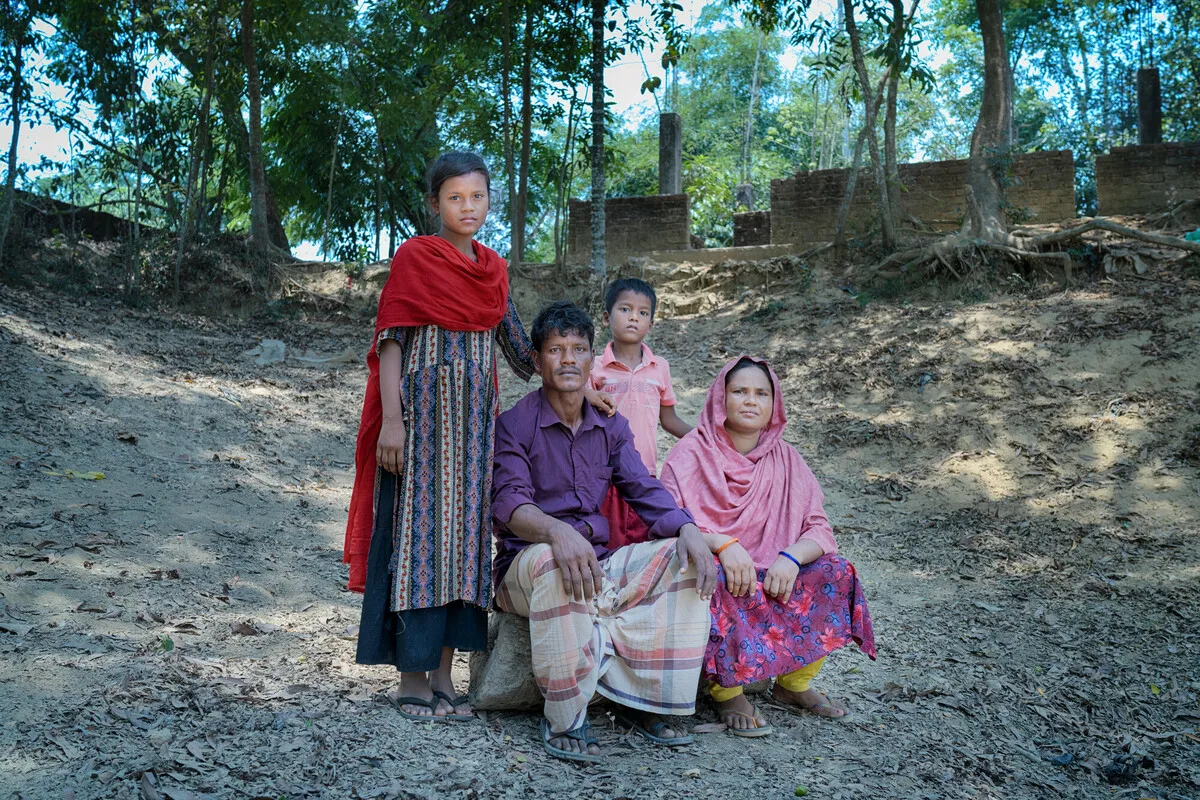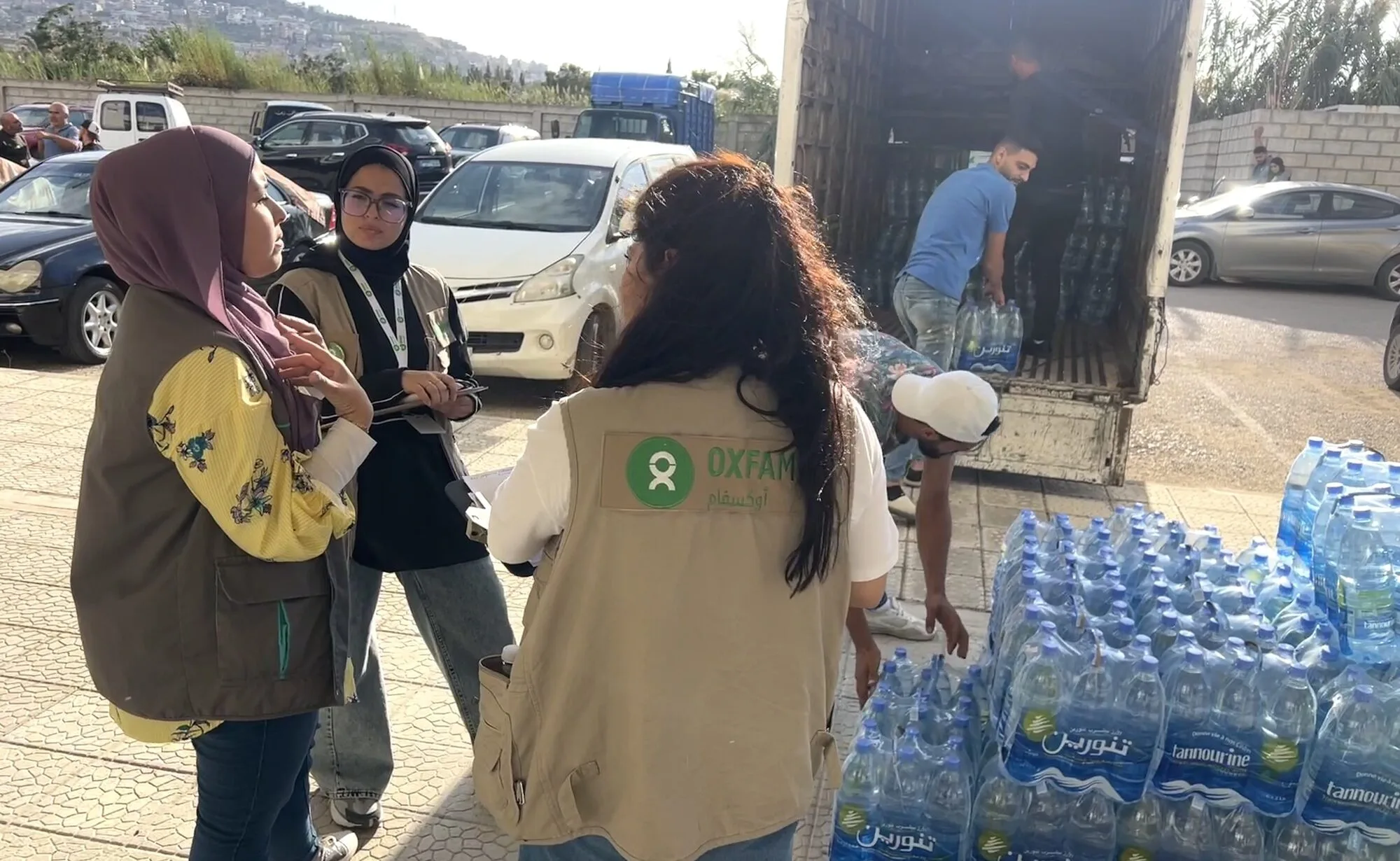By Caroline Berger, Oxfam Great Britain’s Regional and Information Communications Officer for the Middle East, Eastern Europe and the CIS
Like many people, my impression of Somalia is coloured by the familiar TV images of a lawless land governed by conflict, piracy and bloodshed. With this in mind I was a little apprehensive to visit Somaliland, neighbour to the world’s most failed state.
But despite its name, Somaliland is a peaceful haven on the corner of chaos. An unrecognised and self-declared autonomous area which broke away from Somalia in 1991, it even has its own parliament, currency and army.
Driving through the streets of Hargeisa, Somaliland’s capital, was like venturing into a clash of rural and urban lives. Goats and businessmen jostled for space on the cramped pavements. Women clad in colourful headscarves, balancing jerry cans, elegantly negotiated their way through rows of qat chewing customers and the hum-drum of construction sites housing western style hotels.
I was here to find out how Oxfam’s work is helping people cope with droughts, and avert future disasters. While international attention has been focused on Southern Somalia, I discovered a forgotten crisis unfolding next door. Two consecutive seasons of failed rains have left many people dependent on aid. Thousands of people have fled drought in Somaliland and recently the government declared a state of emergency in the Eastern regions.
Oxfam’s existing water projects have helped provide support to existing residents and new arrivals fleeing drought and conflict. In 1 October camp, where Havoyoco, one of Oxfam’s partners, has been providing water and sanitation services, I met new arrival Fatima, who fled drought in Sanaag, one of the worst affected areas in Somaliland. She told me that “now my livestock have water.”
Although Oxfam’s work has provided some respite, more needs to be done to support the influx of new arrivals fleeing into Somaliland every day. In Hargeisa, a new makeshift settlement has just sprung up. Dotted with flimsy shelters tied loosely together with odds and ends, it is home to thousands of new arrivals fleeing drought in Somaliland. Here I met mother of ten Asma, 38, who was desperately trying to comfort her newborn child. She told me, “my children cry the whole night because I try to put them to bed on an empty stomach.” In the 21st century, it’s hard to believe that children go to bed hungry.
With the onset of the rainy season, many people here need proper shelters to protect them from the elements, and clean drinking water and sanitation are desperately needed.
Despite the hardships, in a region of failed states, and 20 years on from independence, Somaliland remains a lesson in resilience and determination. Many people here are trying to change things. Wandering around the labyrinth of crammed tented camps in Burao, central Somaliland, I was surprised to meet Ishmail, an eloquently spoken man from England, dressed incongruously in east London fashion and a world apart from his poverty stricken surroundings. Ishmail was born in the camp but after 18 years of living in the UK, has returned. Ishmail reminded me how much I take for granted back in London. He’s returned to try and educate children as, he tells me, “they’re the future of the country.”
Donate to our East Africa Food Crisis Appeal by midnight tonight (30 November) and your donation will be matched dollar for dollar by the Australian Government!
Find out more about Oxfam’s work in East Africa



